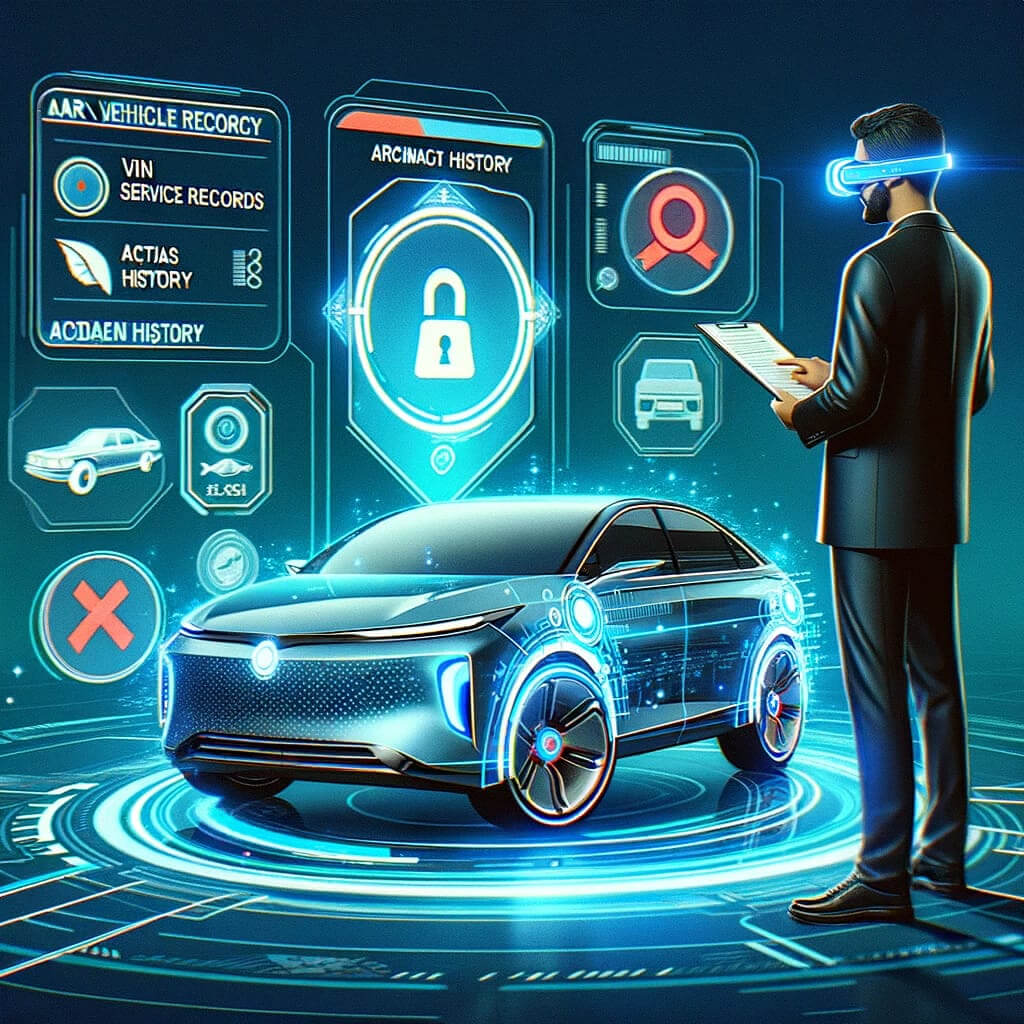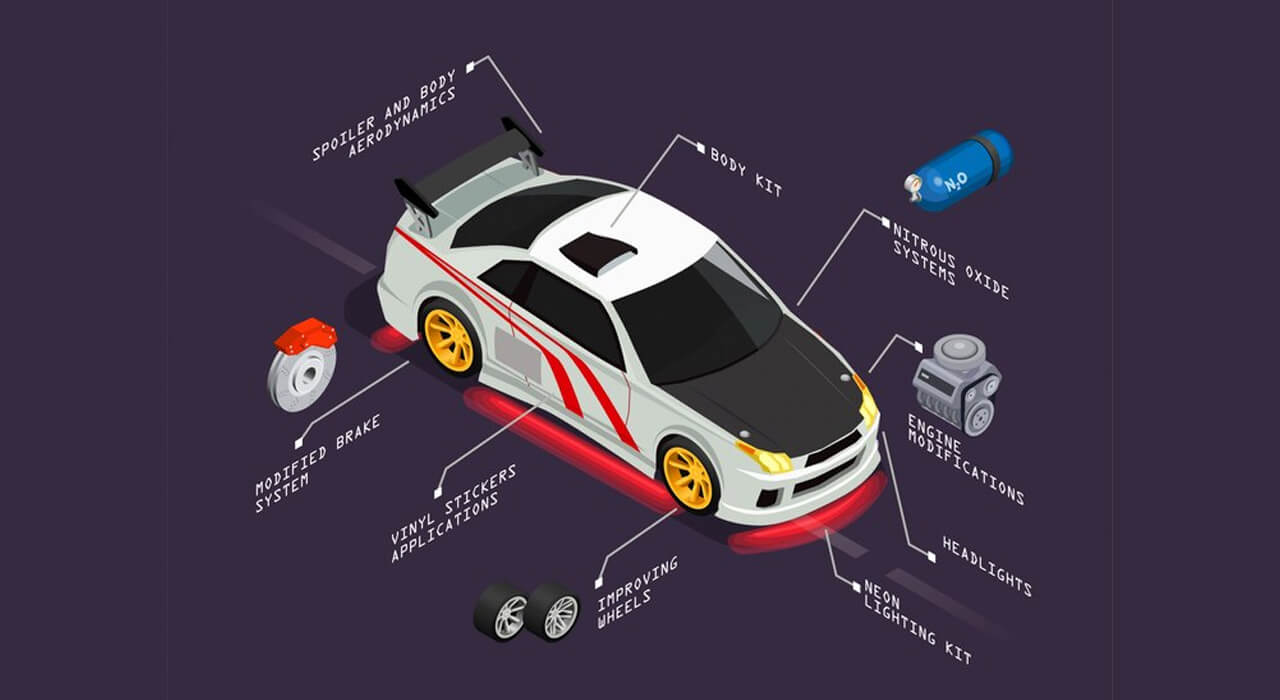In the vast expanse of the automotive universe, each vehicle carries a unique identifier, akin to a fingerprint, which encodes its very essence: the Vehicle Identification Number (VIN). This 17-character alphanumeric sequence is not just a random assortment of digits and letters but a coded language that, when deciphered, reveals the detailed history and specifications of a vehicle.
Enter the realm of VIN decoder web services, a groundbreaking innovation that has transformed the way individuals and businesses interact with automotive data. This article ventures into the heart of VIN decoder web services, exploring their functionality, benefits, and the profound impact they have on various sectors of the automotive industry.
The Genesis of VIN Decoding
The journey begins in 1954, with the automotive industry’s recognition of the need for a standardized vehicle identification system. However, it wasn’t until 1981 that the National Highway Traffic Safety Administration (NHTSA) mandated the 17-character VIN format for all vehicles manufactured or imported into the United States.
Suggestion: List of Affordable Best Handling Cars
This format encodes information such as the manufacturer, vehicle type, model year, and production serial number. Despite the availability of this data, decoding it remained a Herculean task for the uninitiated, until the advent of VIN decoder web services.
The Mechanism of VIN Decoders
VIN decoder web services are digital platforms that use sophisticated algorithms to interpret the complex information encoded within a VIN. By inputting a VIN into the decoder, users can unlock a treasure trove of data about the vehicle, including its make, model, engine type, place of manufacture, and even detailed specifications like fuel efficiency and safety features. This digital innovation democratizes access to vital information, making it readily available to anyone with an internet connection.
The Spectrum of Applications

The utility of VIN decoder web services spans a wide array of applications, touching nearly every facet of the automotive industry:
Also Check: Most-Affordable Luxury Cars With Massage Seats
- Pre-purchase Inspections: For potential buyers, a VIN decode can reveal crucial information about a vehicle’s history, including past accidents, service records, and previous ownership. This transparency empowers consumers to make informed purchasing decisions.
- Automotive Retailers and Dealerships: These businesses leverage VIN decoders to streamline inventory management, accurately appraise vehicle values, and enhance the customer buying experience by providing comprehensive vehicle data.
- Law Enforcement and Security Agencies: By decoding VINs, authorities can swiftly identify stolen vehicles, recover missing vehicles, and combat vehicle-related fraud, enhancing public safety and security.
- Insurance Companies: Insurers use VIN decoders to assess the risk profile of a vehicle based on its history, features, and performance, thereby determining appropriate premiums and coverage
- Automotive Enthusiasts: For the car aficionado, VIN decoding offers a deep dive into the specifications and features of vintage models or potential acquisitions, enriching the collecting and restoration experience.
The Technological Backbone
At the core of VIN decoder web services lies a robust technological infrastructure, encompassing data analytics, cloud computing, and artificial intelligence (AI). These technologies enable the rapid processing of vast datasets, ensuring that the decoded information is accurate, up-to-date, and accessible in real-time. Moreover, continuous advancements in AI and machine learning algorithms have significantly enhanced the precision of VIN decoders, enabling them to learn from new data and improve over time.
The Impact on Consumer Trust and Transparency
One of the most significant contributions of VIN decoder web services is the enhancement of consumer trust and transparency in the automotive market. By providing detailed vehicle histories and specifications, these services have elevated the level of disclosure, reducing information asymmetry between sellers and buyers. This transparency fosters a more trustworthy and reliable marketplace, encouraging fair transactions and protecting consumer rights.
Future Horizons: Beyond Decoding
As the automotive industry evolves with the advent of electric vehicles, autonomous driving technologies, and enhanced connectivity, the role of VIN decoder web services is set to expand. Future applications may include integration with smart transportation systems, predictive maintenance analytics, and personalized insurance and financing solutions.
Moreover, as blockchain technology matures, VIN decoders could play a pivotal role in creating secure, immutable vehicle histories, further revolutionizing vehicle data management.
The Road Ahead
The journey of VIN decoder web services is a testament to the transformative power of technology in decoding the DNA of vehicles. From fostering transparency and trust to enhancing safety and efficiency, these services have left an indelible mark on the automotive landscape.
As we cruise into the future, the innovation potential is boundless, promising a new era of automotive intelligence that will continue to revolutionize our interaction with vehicles. In conclusion, VIN decoder web services are much more than a technological novelty; they are a cornerstone of the modern automotive ecosystem, enabling a deeper understanding and connection with our vehicles. As this technology continues to evolve, it will undoubtedly unlock new horizons, redefining our relationship with the machines that move us.







